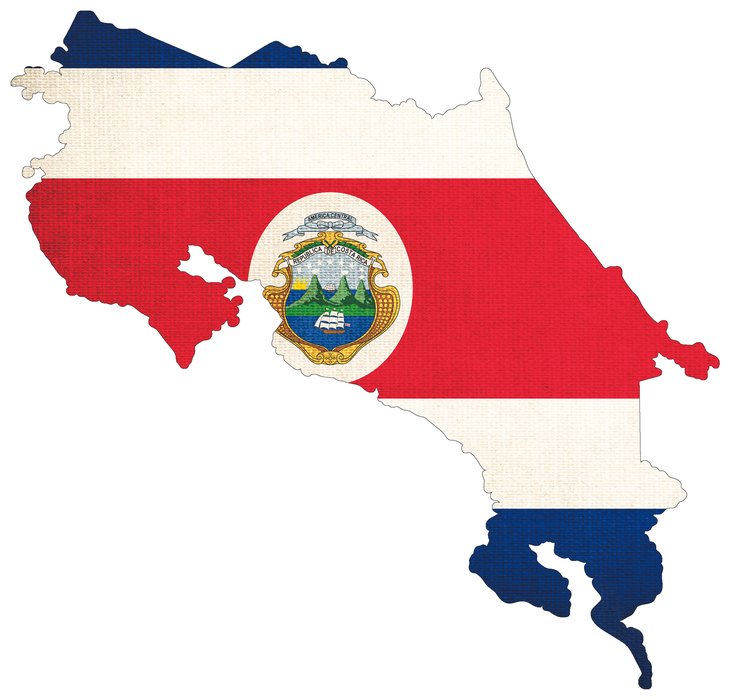Peaceful Assembly
Demonstrations against police abuse
On 9th September 2023, civil society organisations held a demonstration in downtown San José to denounce the problem of police abuse. The protest aimed to bring attention to the recent case of Deborah Chaves, a 23-year-old woman who reported an assault by 15 police officers during a search outside a bar in Alajuela. According to the organisations, police violence has risen since 2020.
At the end of the demonstration, while at the Legislative Assembly, a young man attempted to spray graffiti and was forcefully detained by the police. Protesters tried to intervene, leading to a confrontation between police officers and demonstrators.
As a result, the police arbitrarily detained four people: Alvaro Céspedes Martinez, Carolina María Durán, Valerie Salas Solís, and Mar Fournier Pereira. Mar was documenting the situation, and the police attempted to confiscate his phone. Eight hours later they were transferred to the Second Judicial Circuit of San José for questioning and were released at midnight without any precautionary measures.
On 11th September, a group of activists, including Mar, who alleged that they were victims of police brutality during a demonstration, filed a formal complaint with the Judicial Investigation Department (Organismo de Investigación Judicial, OIJ) to denounce the said act of violence.
On 12th September, more than 600 feminist and social activists issued a statement condemning the police abuse that occurred during the demonstrations and the criminalisation of the protest.
According to Semanario Universidad, an independent journal funded by the University of Costa Rica, on 17th October 2023, the Constitutional Chamber of the Supreme Court declared that activist Mar’s detention was unjustified and unreasonable.
Créditos: @ptcostarica ✊🏽🔥 pic.twitter.com/dWymwVFjFy
— Mujeres Alerta Costa Rica ♀️ (@mujeresalertacr) September 9, 2023
Expression
Steps towards the first national strategy combating hate speech and discrimination
On 27th September, the Costa Rican Government announced a partnership with the United Nations to launch the National Strategy against Hate Speech and Discrimination. This comprehensive effort will be spearheaded by a multidisciplinary team encompassing civil society, the private sector, multilateral institutions, academia and national and international experts. It is expected to be finalised by the end of 2023.
The strategy will help determine responsibilities, mandates, areas of action and solutions that the Costa Rican state and its public institutions must lead to end hate speech. It will also identify a framework for joint action and alliances with key sectors and lay the foundations for a long-term national policy against hate speech and discrimination.
This follows the United Nations’ request for Costa Rica to implement a national strategy in response to social media’s growing violence, aggression and hate speech. A report launched in July 2023 by the United Nations and COES—a specialised data analysis firm—highlighted that over 1.4 million messages and conversations related to hate and discrimination were identified on social media platforms in Costa Rica. This number is considerably higher than the 937,000 cases recorded in 2022.
The report revealed a 231% increase in attacks on journalists and media organisations compared to 2022. UNESCO expressed concern about the rise of xenophobia and violence towards marginalised groups, including women and the LGBTQIA+ community.
According to the United Nations, this will be Latin America’s first-ever anti-hate strategy. “Amid an alarming trend of spiraling hate speech and discrimination online platforms, Costa Rica, with UN support, has been designing Latin America’s first ever strategy to fight back; poised to unveil the powerful tool by the end of 2023, the landmark strategy aims at laying the foundation for new national policies.”
